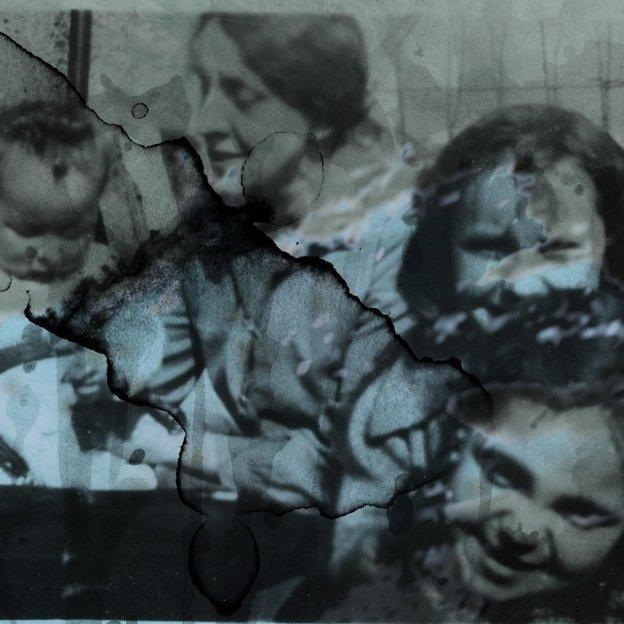Take three girls – Bea, Anne and Sylvia are their names. Sylvia is the sensible one, a bit older than her years, dressed in clothes her companions describe as matronly (although they don’t really read in this way). Anne is the good-time girl, sitting around at home in a red halter-neck dress, full make-up and jewellery, helping herself to constant refills from a bottle of wine. Bea is the ethereal melancholic, the arty one – reproductions of Millet’s Ophelia on her bedroom wall, wild dark hair pulled into braids, floaty pale pink dress slipping from her shoulders.
We are invited into their home to hear their stories. Or at least, to witness them play out their assigned personality types through a series of encounters in what purports to be their home. These encounters are mildly dramatic, mostly verbal monologue or dialogue, and sometimes involving low-key movement sequences, but are unfortunately not particularly engaging, and there is a fair amount of clunky writing and over-acting.
The Dead Memory House is described as ‘site responsive’ but is hardly so, unless the site being responded to is an Edinburgh junk shop – we are in a couple of rooms upstairs at Summerhall that have been kitted out in old furniture and bric-a-brac. There is no obvious logic to the design or choice of objects – it’s just random old stuff, the sort you’d find at your nearest British Heart Foundation charity shop. Maybe that’s the point, but it looked like an attempt to signify ‘old things with memories attached’ that didn’t work as nothing had any resonance – it just doesn’t look or feel like someone’s home. There’s also an intriguing pile of black-and-white photos on the table, but these aren’t brought into the show in any meaningful way, which is disappointing.
It is described as a ‘promenade play’, but we don’t really go anywhere. Once we are invited in, we stand awkwardly about, watching and listening. At one point we are beckoned to enter an adjoining bedroom, but that’s about it.
Relationship to audience is confused. It starts well, as we wait outside the door and a flustered Sylvia arrives, keys in hand, acknowledges our presence, and invites us to follow her in. Once inside, we are offered bourbon biscuits (sadly no tea!), and then given slips of paper and asked to write our replies to the given questions (mine is ‘what is the first book you re-read?’). But then we are ignored, so we kind of morph from invited guests to barely-visible ghosts. The jar of written questions and responses does get brought back later, but the material isn’t used in a particularly interesting way.
It is to be acknowledged that this is a difficult card to play – even highly experienced companies such as Grid Iron don’t always succeed in properly integrating the audience with the action in a meaningful way in work of this kind, and Theatre Corsair are obviously young and inexperienced.
But at least they’re making an attempt to do something other than just write and present a regular play on a regular stage, and their intentions are good even if the end result is not yet particularly satisfactory. Perhaps if they stick together and try to give some serious thought to what they want to say and how they want to say it, things might improve.


